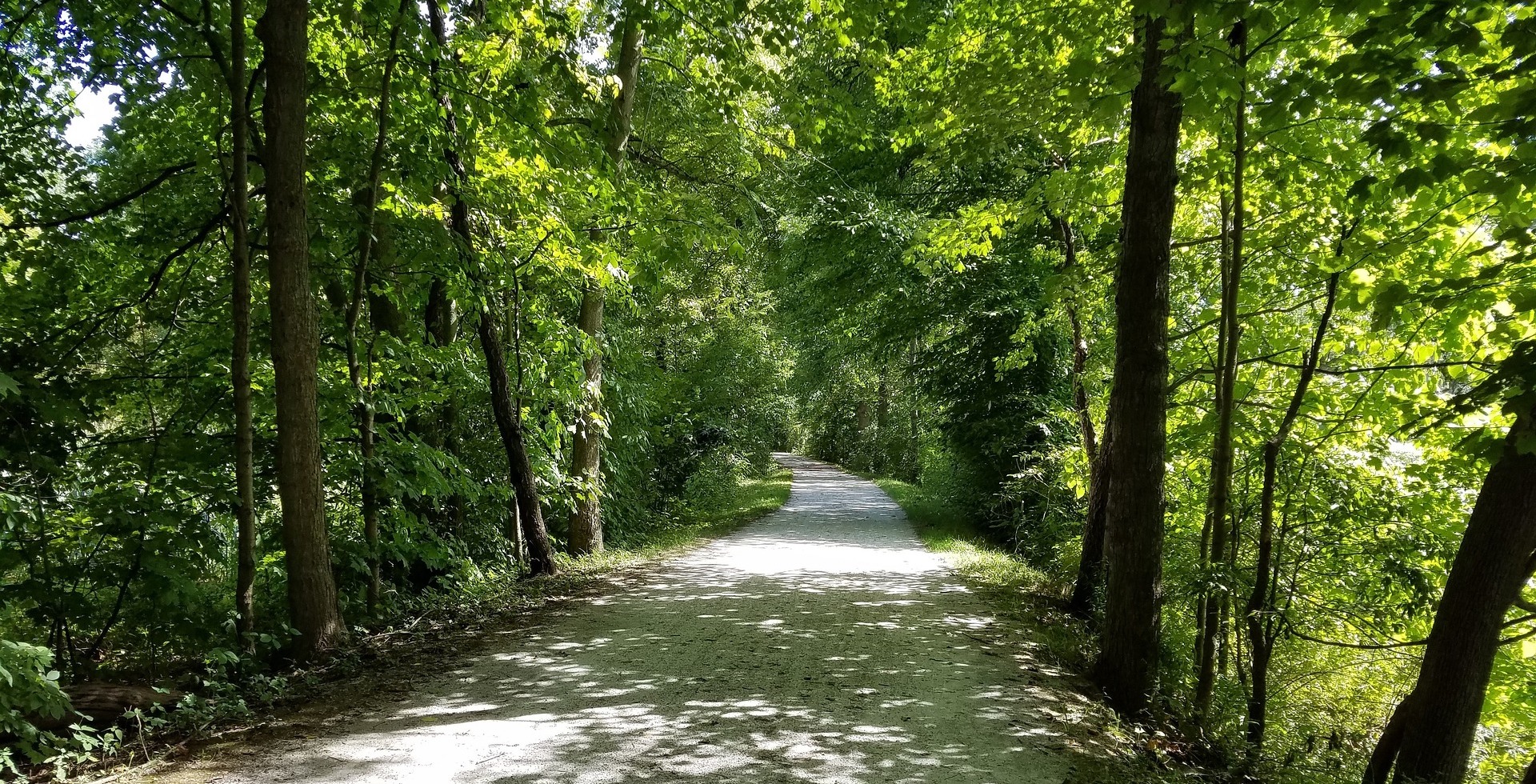Author Raechel Anne Jolie invites readers into their world through their 2020 memoir, Rust Belt Femme
Everybody wants to have a character in their favorite book that is relatable to them – especially those who feel particularly isolated.
For LGBTQ+ youth who may feel isolated, writers like Raechel Anne Jolie are important contributors to the literature of future generations.
Jolie, a DePaul graduate who uses she/they pronouns, released a memoir, Rust Belt Femme, in March 2020 documenting their upbringing between an impoverished rural Ohio and alternative culture in the 1990s, and how that influenced their identity as a queer femme individual. Sharing their story in such a public format was not always their plan, though.
“That was always sort of a daydream – to be a writer – I’ve always … been writing since I was a kid,” Jolie said. “But I didn’t really think that it was a viable or realistic career path, so I turned my focus to becoming a professor.”
In college, Jolie majored in communication studies, with a minor in gender and sexuality studies. As a result, these are the subjects they have gravitated towards teaching.
After a realization in 2016 that they were stifling their own creativity, Jolie began the journey of writing and publishing their memoir – through no simple feat.
“I always say that, like, I don’t think I would’ve been able to write this book if I didn’t have the privilege of having been able to go to therapy for many years before I started writing,” Jolie said. “So, you know, a lot of that was easier to sort of revisit because I had done a lot of work around that before.”
Though not everyone has access to therapy, literature may provide a feeling of solidarity and support, for both the writer and the reader.
“I guess there were ways that it felt powerful to sort of take control of my narrative and, and tell the story of my life that felt significant,” Jolie said. “And to realize that, yes, there was a lot of legitimate trauma and difficult times, but I think there’s also a lot of joy in the book … I think it’s also clear that I have … a very rich experience with music and friendship and also love.”
These topics are incredibly valuable to college-aged individuals, extending far past the realm of undergraduate students.
Freelance reporter and DePaul graduate student Ava O’Malley moderated a presentation and discussion about Rust Belt Femme that Jolie gave at DePaul University on Wednesday, April 26.
“Raechel did … about a 20 or 30-minute presentation, then I came up and we had about 30 or 40 minutes of just discussion. I prepared some questions, and then we talked, and then we turned it over to, like, an audience Q&A,” O’Malley said.
The discussion revealed that Jolie not only learned new things about themself in the process of writing the memoir, but also learned more about the history of the place she grew up – specifically about the Indigenous people that inhabited the Cuyahoga Valley Region.
A very influential aspect of the memoir itself offers a resource for LGBTQ+ youth to read personal accounts of love, loss and joy, all from the perspective of another queer person.
“Truthfully, I had never read a memoir like Raechel’s,” O’Malley said.
O’Malley recalls the exact moment she purchased the memoir.
“I remember it was at a time in my life that I was really leaning into and growing into my own identity as a queer femme person, while also feeling, like, a deep sense of homesickness.”
O’Malley said that the personal nature of a memoir provided a comfort that she hadn’t found before in other books about LGBTQ+ experiences, many of which tend to be heavily academically geared.
“There are so many things that struck me about [Rust Belt Femme] that made me feel so connected to them,” O’Malley said.
O’Malley said that she saw much of herself in Jolie’s stories, right down to the locations they both visited growing up (though each of them grew up on opposite sides of the Cleveland Metropolitan Area).
“I feel like we both, kind of, had this very similar yearning for, I guess, like, big-city life, even though we lived in more rural suburbs of Cleveland,” O’Malley said. “We both kind of discovered ourselves and our own identities through the alternative and indie scenes of Cleveland.”
Another incredibly special thing about memoirs – they allow the reader to draw parallels between the authors’ lives and their own.
“I think for other queer people, to read the words and memories of someone else, I think that’s just, like, incredibly necessary,” O’Malley said.
Now that Jolie has garnered success from the release of their book, they are expanding their horizons into other forms of literature for future projects.
She is currently working on a nonfiction book based around sex and gender from an academic standpoint. Through this project, she aims to open discourse about sex work, attitudes towards drag performers, issues within the transgender community, and general sex-positivity with the aid of historical research.
Header image by jillmccauslin from Pixabay




NO COMMENT